Your car knows more about you than you think. Modern vehicles are packed with sensors, GPS systems, cameras, and software designed to collect data—not just about the road, but about you.
Some of this data helps improve safety, navigation, or performance. But other times, it’s shared with automakers, insurers, and even third-party companies. Here’s a look at 12 things your car might be quietly keeping tabs on.
1. Your Location
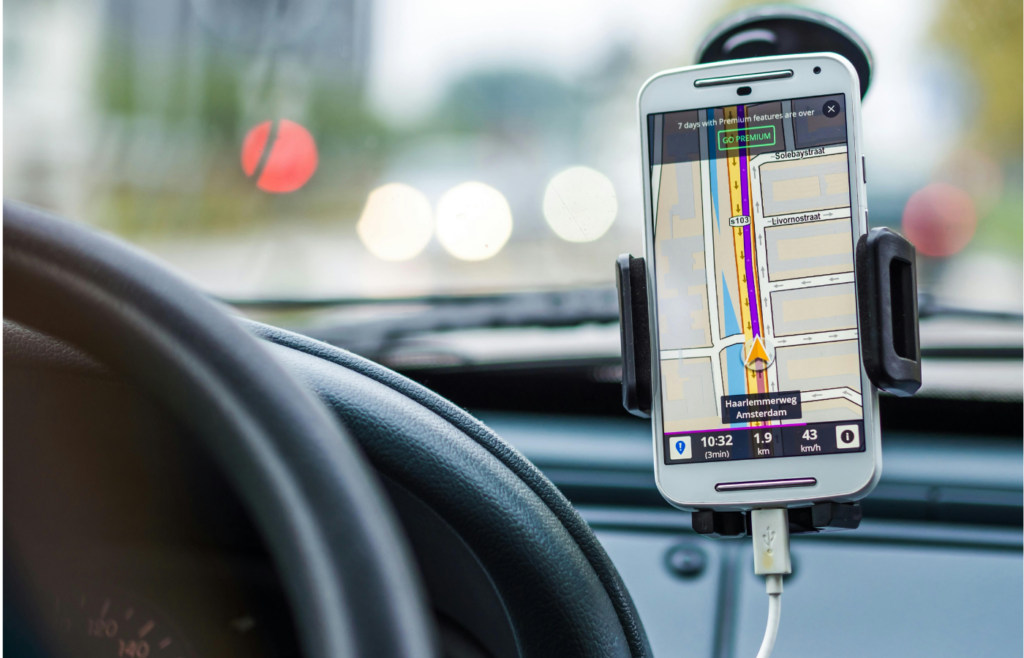
If your car has built-in GPS or navigation, it’s tracking where you go—and often storing that data. That includes daily routes, frequent stops, and timestamps.
This info can help you with traffic updates or route suggestions, but it can also be used for marketing, or even handed over to insurance companies or law enforcement.
2. Your Speed

Yes, your car knows how fast you drive—and for how long. It logs speeding behavior, harsh braking, and acceleration patterns.
This info can be used for diagnostics or crash analysis, but some insurance programs and car manufacturers also collect it to adjust your rates or send alerts.
3. Your Seatbelt Habits
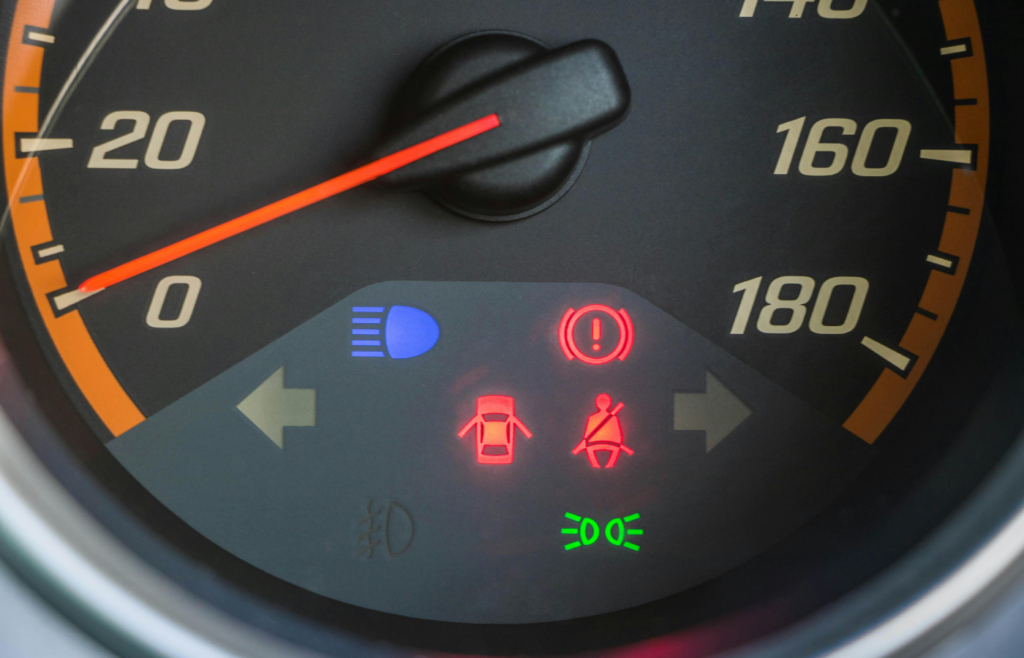
Cars now track whether you and your passengers buckle up. It’s not just for the warning chime—it’s stored in the system.
In case of an accident, this data might be used to determine fault or explain the severity of injuries. It could also factor into legal claims or repairs.
4. Your Phone Usage While Driving

If your phone is connected via Bluetooth or USB, your car can log call times, contact names, and even whether you were texting while moving.
This data can be useful for hands-free systems—but it can also paint a picture of distracted driving behavior if ever reviewed.
5. Your Voice Commands

When you talk to your car’s virtual assistant, your voice data may be recorded or sent to cloud servers for processing.
While it helps improve recognition and performance, some manufacturers keep these recordings longer than expected. In some cases, they’re used to refine AI—without your knowledge.
6. Where You’ve Been Recently
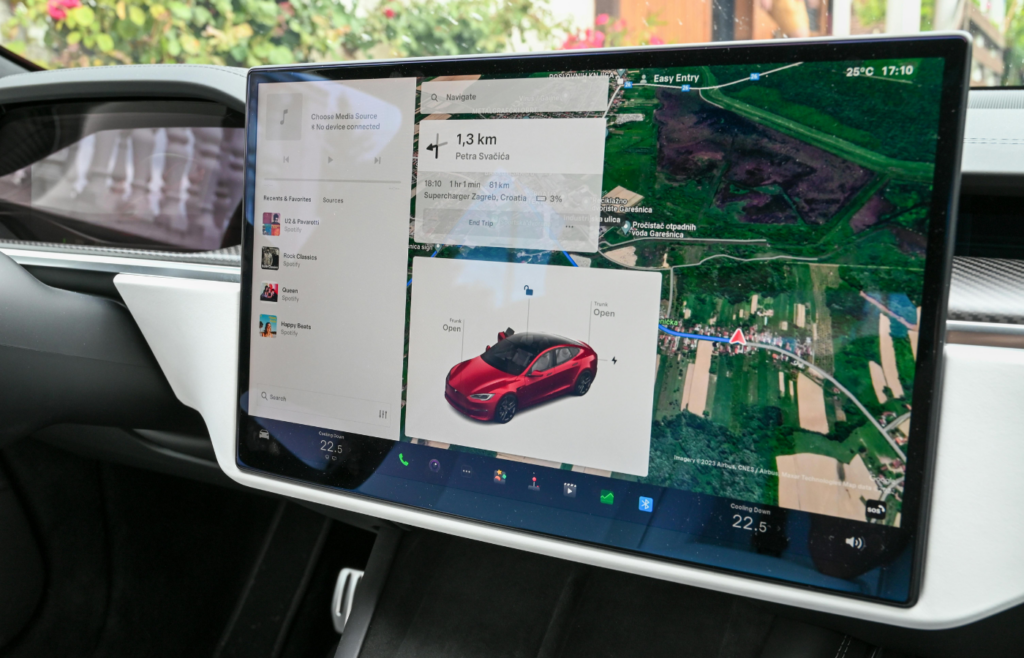
Most infotainment systems keep a log of recent destinations and favorites. This includes your home, workplace, and other frequently visited spots.
That makes it convenient for you—but also easy for anyone accessing the system to see a snapshot of your life, including potential patterns or habits.
7. Your Driving Style
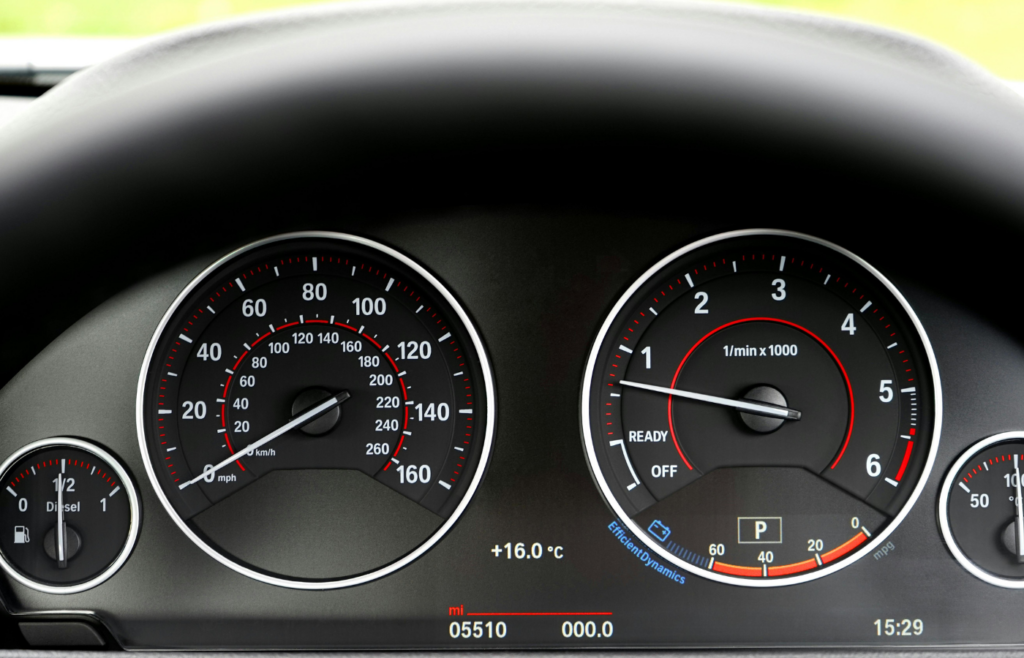
Your car may track things like how sharply you turn, how hard you brake, and how aggressively you accelerate. This data can be part of “driver behavior analysis.”
It’s often used to improve fuel efficiency or safety features, but insurers and fleet managers also use it to rate driver risk.
8. What Music You Listen To
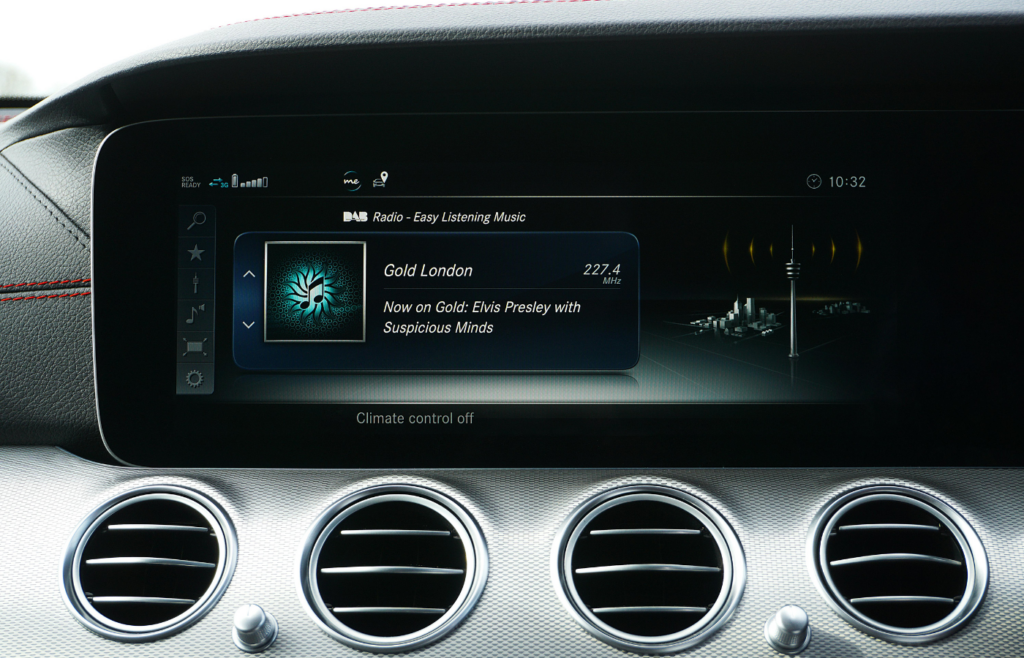
Streaming music or syncing your phone can expose your listening habits. Some systems record your playlists, volume preferences, and favorite genres.
This info may be anonymized, but it’s often sent back to improve marketing and in-car entertainment—sometimes shared with third-party services.
9. Your Cabin Conversations

Some cars have cabin mics for voice control or emergency services. However, depending on the settings, these mics may stay active and record more than just commands.
In rare cases, cabin audio is used for AI improvement or post-crash investigation. It’s unclear how long some of this audio is stored—or who can access it.
10. How Long You Stay Parked

Your car might log how long it sits idle, where it’s parked, and how often you return to the same spots.
This info could be used to remind you about maintenance—or sold to marketers who want to know where you spend your time. Some services even alert nearby businesses you’ve arrived.
Read More: The Unexpected Costs of Owning an Electric Car in 2025
11. Who Gets in Your Car
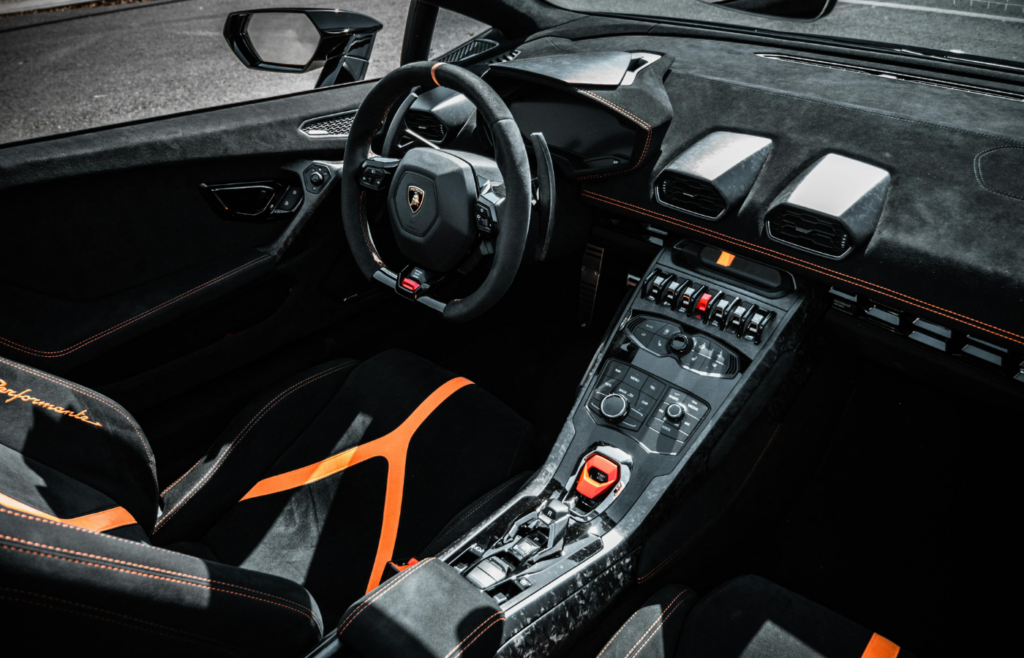
Driver profiles are helpful for customizing seat position, mirrors, and climate settings. But they also log which keys are used and when.
Some systems can tell when a teen driver takes the wheel—or if someone new is in the car. That data might be shared with apps, parents, or security services.
Read More: 10 Trucks So Tough They Might Outlive You
12. When You’re Not Paying Attention

Driver monitoring systems use cameras and sensors to track eye movement, head position, and steering patterns. If you’re distracted or drowsy, the car knows.
That’s great for safety—but also means your focus (or lack thereof) is being tracked and potentially stored. Some cars even score your attention level during the drive.
Modern cars are basically computers on wheels—and just like your phone, they’re constantly collecting data. The best way to protect your privacy? Read your car’s data-sharing policy, dig into the settings, and turn off what you don’t need.
Read More: 10 Wild (But Realistic) Predictions for the Next 50 Years of Automotive Tech

